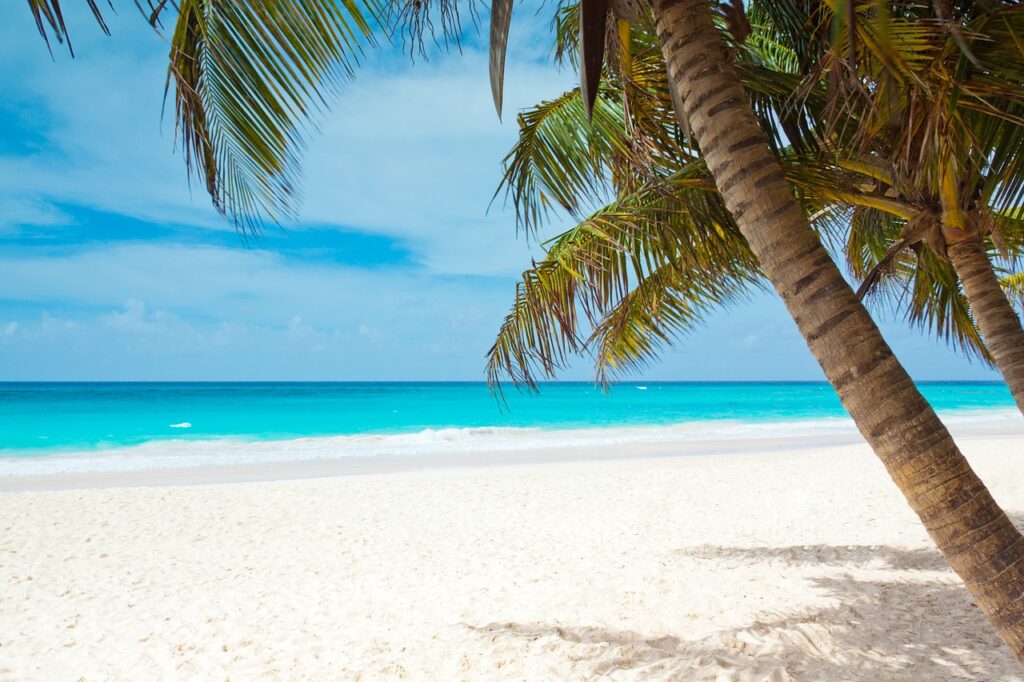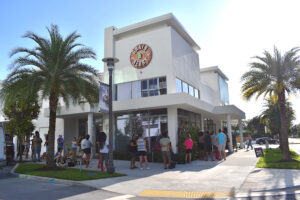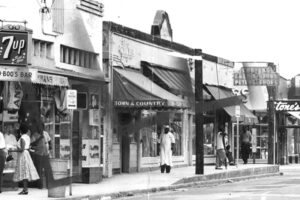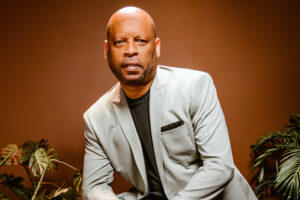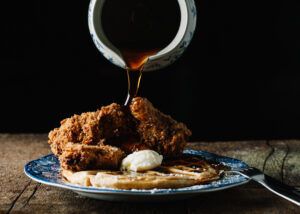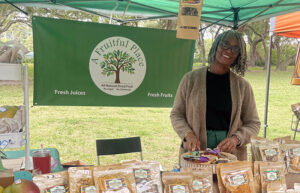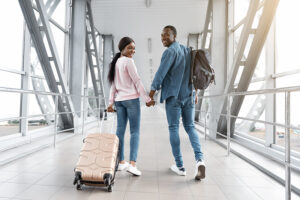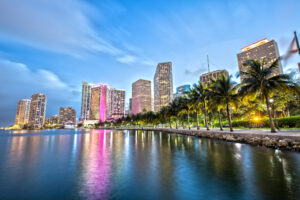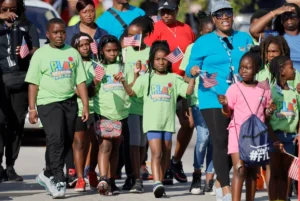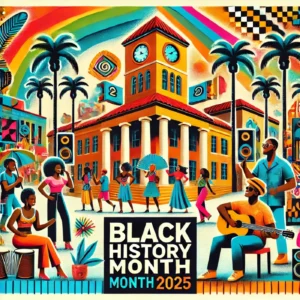BRIDGETOWN, BARBADOS
Caribbean leaders want President Donald Trump to come for a visit — and along with the invitation they also plan, “as soon as practically possible,” to try to get a meeting with his senior officials, including Secretary of State Marco Rubio, Antigua and Barbuda Prime Minister Gaston Browne said Friday. “We’re hoping we are successful in inviting President Trump to the region. It’s very important for him to pay some attention to the third border of the United States. Also to enter meaningful discussions as to how U.S. policies impact in the region, especially these smaller countries” in the Organization of Eastern Caribbean States, he said. “Many of us have open economies and we import up to 80% of what we consume primarily from the United States.”
Browne said recent U.S. policy shifts, including the freezing of foreign aid, the withdrawal from the World Health Organization and other global commitments and Thursday’s rollback of immigration protections for over half a million Haitian migrants living in the U.S., have raised concerns among leaders of the 15- member Caribbean Community bloc known as CARICOM. “
Already you have what, so many gang members, hundreds of thousands of people on the streets, and if you end up with maybe another 200,000 criminals on the streets of Haiti, it will make the situation more complex,” Browne said. “So that is of serious concern for us, and we’re hoping that even in our subsequent engagements with Rubio and potentially with the President… we can ask him to reconsider the impact of such a decision on our Haiti.”
Regional leaders opened a three-day summit here in Barbados with no senior U.S. officials present, but Trump and his new foreign policies were unseen guests. As Europe made overtures to continue to support climate-change initiatives, Caribbean leaders discussed their relationship with the U.S. behind closed doors. Those talks took on added significance after the U.S. Department of Homeland Security delivered the first immigration blow to a member state, Haiti, by reducing Haitian migrants’ right to work and live legally in the U.S. by six months, until Aug. 3.
Browne said there is no exact date for the invitation to Trump. “These are aspirations, and we’re making every attempt now,” he said. Caribbean leaders are particularly concerned about Trump’s focus on tariffs as well as on the halt in foreign aid. While Antigua doesn’t benefit from U.S. aid, Brown said other countries in the Caribbean do, and the dismantling of the U.S Agency for International Development is already having a profound impact. Meanwhile, the WHO’s Caribbean office, the Pan American Health Organization, has informed regional leaders that it is facing a $56 million gap in funding due to the U.S.’s pullout.
“Obviously that comes from the general support from the U.S. and even in terms of other assistance from USAID; there’s a gap now of about $6 million,” Browne said. “That itself represents not only a threat for the Caribbean, but also for the United States. COVID would have taught us that no one is safe until all of us are safe.”
CARICOM leaders also discussed the potential of their own migrants being sent back, which Barbados Prime Minister and conference host addressed during the closing press conference on Friday night. “The President of the United States and his administration has made it clear. We have asked each in our own right,” for information regarding those being returned, she said, “to help us to be better able to prepare.”
The current chair of the regional bloc, Mottley said as recent as Friday morning they were in contact with President Trump’s special envoy for Latin America and the Caribbean, Mauricio Claver-Carone, “and we fully anticipate that there will be a high-level meeting soon.” Caribbean leaders, she said, recognize that they are facing “grave global uncertainty,” but they are not in anyway daunted by the challenges.
“We are approaching them with a calm confidence and a recognition that unity more than ever will be required from us to meet the common challenges that the world has presented, from the changing geopolitical environment to the climate crisis to the international economic shocks that are potentially still there, to the consequences of the climate crisis with respect to the production of food, or the consequences of diseases such as bird flu, that can lead to an unfortunate increase in the cost of food,” she said.
Jamaica Prime Minister Andrew Holness, who is responsible for trade in the bloc, said businesses have been calling with concerns about potential U.S. tariffs and how they could raise the price of food in the region. As a result, he said, the plan is to to have “a very detailed review of our trade situation with the United States, and we hope that in another three or four months we will have a document, which will give us a policy direction and give advice and support to the governments of the region.“
Holness cautioned, however, that current discussions are speculative because no specific tariffs have been announced for the CARICOM region. “The position of CARICOM is we must be prepared,” he said. “We cannot approach it with panic….There could also be great opportunities.” In addition to the region’s relationship with the U.S., leaders also raised the issue of guns and gangs; food security and the Haitian crisis.
The Bahamas, Jamaica and Belize all have troops in Haiti, but have not yet fully deployed the numbers promised, despite insisting that they remain committed. Barbados, meanwhile, announced that it would no longer be sending personnel as part of the Kenya-led Multinational Security Support mission. His troops, Holness said, will soon be deployed. “Suffice it to say that Caribbean Community expresses solidarity with the government and people of Haiti that we will work with the United Nations and all of the other friends of Haiti to be able to ensure that Haiti is in a position to be able to have its elections in a fair and free way, and to be able to give expression to the will of the people as to who should govern that country,” Mottley said.
Leaders concluded their meeting with a farewell tribute to Trinidad and Tobago Prime Minister Keith Rowley, who after 45 years in politics and 10 years in charge of his government, recently announced his retirement from politics. “I simply want to leave by asking my colleagues to continue to subscribe to what I’ve encouraged you to do, because together we are always stronger in every single circumstance,” he said. “Once we are together, we’ll be stronger, through incise physically, but certainly we will not be inconsequential especially, especially at this time where the world is changing from news hour to news hour.
“We are required to rise to the occasion and never accept that we can be left behind,” he added.
Read more at: https://www.miamiherald.com/news/nation-world/world/americas/haiti/article300767684.html#storylink=cpy

